Today, September 9, we celebrate the feast of Saint Peter Claver (1580-1654), Jesuit missionary, social reformer, and minister to those in need. Saint Peter worked tirelessly for social justice, specifically in regards to the thousands of Africans held captive in the slave trade at that time. He devoted himself to the care of the sick and outcasts of society, including lepers and those no one else would help. Saint Peter is remembered for having said, "We must speak to them with our hands by giving, before we try to speak to them with our lips." Pope Leo XIII wrote, "No life, except the life of Christ, has moved me so deeply as that of Peter Claver.”
Peter was born to a distinguished family in Verdu (Catalonia), Spain. He lost his mother and older brother while still a child, and as a teenager joined the Society of Jesus (Jesuits). During his novitiate, he was spiritually directed by Saint Alphonsus Rodriguez, “the holy porter of Majorca,” a humble lay-brother endowed with the highest gifts of contemplation and prophecy. Saint Alphonsus, when he saw the novice for the first time, was inspired to kiss his feet; and the novice embraced his spiritual father with a tenderness which would increase with time. Saint Alphonsus was graced with a divine vision some years later, and learned that this novice was destined to save a multitude of souls in the New World. He is reported to have said to Peter: “How many peoples go astray for lack of ministers! The fatigue of going to seek them out is dreaded, but not the danger and crime which it is to abandon them!”
After eight years of study and apostolic preparation in Taragona, Saint Peter’s heart and soul were on fire to help save the souls of those in the New World. Although slave-trading was condemned by Pope Paul III and later labeled "supreme villainy" by Pius IX, there were fortunes to be made and it continued to flourish, leaving countless souls in need. He asked to go to the Jesuit missions of the Western Indies, and was sent to Cartagena in Colombia, South America, when he was thirty years old. Assigned to accompany an elderly priest who had undertaken a ministry of service to the poor Africans brought to be sold in the slave markets of the city, Peter had little idea of the conditions he would find himself in. The Africans-- poor strangers who had been ripped from their lives and transported across the ocean in horrible conditions-- spoke several languages but shared a common misery, which Saint Peter soon saw clearly. When the holds of the boats were opened, “all one beheld was a confused mass of men, women, children and old men, sick persons mingled with healthy ones, and often, alas! living beings next to cadavers, for the crossing made victims.” Upon the retirement of the elderly priest, the care of these souls was put in the hands of Saint Peter, which he willingly accepted.
By 1615 Peter finished his studies and was ordained a priest in Cartagena. When he made his final vows, he added a personal one: “Peter, slave of the slaves forever.” Here in this busy seaport city, in a hot, humid, tropical climate, Father Claver spent the next 40 years of his life ministering to African slaves. He would meet each slave ship as it arrived. Peter would go to the warehouses and bring food, water, medicine and clothing, for, as he said "We must speak to them with our hands, before we try to speak to them with our lips.” When ships arrived in port, Saint Peter never failed to be the first to go aboard, accompanied by his interpreters and carrying the provisions he had been able to beg. He greeted the living, arranged for the burial of the dead and the transport of the sick to hospitals. Having won their sympathy, he went to them regularly with his interpreters and taught them, during several hours’ time, the elements of doctrine, aided by pictures. He put around the necks of each newly baptized child of God, a medal which would thereafter distinguish the Christians from the yet untaught. Saint Peter would teach them of Christ, explain to them that they were loved by God more than they were abused by man, and that evil outraged God. He offered their only consolation: hope in the promises of God. Nearly four hundred thousand men, women, and children received baptism at his hands during his 40 year ministry.
While Saint Peter is primarily remembered for his ministry to imprisoned slaves, he also actively served the remainder of the community—especially those no one else would assist. He spent many days in the nearby lazaretto — a refuge for lepers — and in the hospitals of the region. No infirmity repelled him, as he cared for and embraced all the children of God. The Jesuit Brother who accompanied him had to clean his cloak, on which he would lay the sick while he arranged their poor beds, several times a day. Despite being continually soiled, the holy cloak never ceased to emit a heavenly fragrance.
Given all there was to accomplish, Saint Peter slept only two or three hours at night, and ate almost nothing. The poor were his beloved children and he their beloved father, whose visits were anxiously awaited and were always too short. Those who resisted him did not do so indefinitely; one man insulted him for twenty-two years, but at the end of that time fell on his knees and begged his pardon. Most biographers who have tried to document his life have found it difficult to use mere words to described his divinely-inspired heart of charity.
Saint Peter contracted the plague in his late sixties, and valiantly continued his work for four years while ill. Near the end, he was left infirm and partially paralyzed, but lashed himself to a donkey so he could continue begging and distributing provisions to those more in need. Saint Peter Claver died at the age of 75, having lived and ministered to the wretched of Cartagena for over 40 years. Two years after his death, his body was found intact, despite the humidity of the burial site and the live caustic covering it. Numerous miracles were reported at his intercession.
Saint Peter Claver reminds us of the long history the Church has of ministering to those who are ill-treated. We, as members of the Church, are called to be instruments in education, sanctification, tolerance, acceptance, and love for all—to remember the innate value and dignity of every individual created by the Lord. Through the intercession of Saint Peter Claver may we all have the courage to serve our brothers and sisters who are in need.
God of mercy and love,
you offer all peoples
the dignity of sharing in your life.
By the example and prayers of Saint Peter Claver,
strengthen us to overcome all racial hatreds
and to love each other as brothers and sisters.
We ask this through our Lord Jesus Christ, your Son,
who lives and reigns with you and the Holy Spirit,
one God, for ever and ever. Amen.
From a Letter writing by Saint Peter Claver:
Yesterday, May 30, 1627, on the feast of the Most Holy Trinity, numerous blacks, brought from the rivers of Africa, disembarked from a large ship. Carrying two baskets of oranges, lemons, sweet biscuits, and I know not what else, we hurried toward them. When we approached their quarters, we thought we were entering another Guinea. We had to force our way through the crowd until we reached the sick. Large numbers of the sick were lying on wet ground or rather in puddles of mud. To prevent excessive dampness, someone had thought of building up a mound with a mixture of tiles and broken pieces of bricks. This, then, was their couch, a very uncomfortable one not only for that reason, but especially because they were naked, without any clothing to protect them.
We laid aside our cloaks, therefore, and brought from a warehouse whatever was handy to build a platform. In that way we covered a space to which we at last transferred the sick, by forcing a passage through bands of slaves. Then we divided the sick into two groups: one group my companion approached with an interpreter, while I addressed the other group. There were two blacks, nearer death than life, already cold, whose pulse could scarcely be detected. With the help of a tile we pulled some live coals together and placed them in the middle near the dying men. Into this fire we tossed aromatics. Of these we had two wallets full, and we used them all up on this occasion. Then, using our own cloaks, for they had nothing of this sort, and to ask the owners for others would have been a waste of words, we provided for them a smoke treatment, by which they seemed to recover their warmth and the breath of life. The joy in their eyes as they looked at us was something to see.
This was how we spoke to them, not with words but with our hands and our actions. And in fact, convinced as they were that they had been brought here to be eaten, any other language would have proved utterly useless. Then we sat, or rather knelt, beside them and bathed their faces and bodies with wine. We made every effort to encourage them with friendly gestures and displayed in their presence the emotions which somehow naturally tend to hearten the sick.
After this we began an elementary instruction about baptism, that is, the wonderful effects of the sacrament on body and soul. When by their answers to our questions they showed that they had sufficiently understood this, we went on to a more extensive instruction, namely, about the one God, who rewards and punishes each one according to his merit, and the rest. We asked them to make an act of contrition and to manifest their detestation of their sins. Finally, when they appeared sufficiently prepared, we declared to them the mysteries of the Trinity, the Incarnation and the Passion. Showing them Christ fastened to the cross, as he is depicted on the baptismal font on which streams of blood flow down from his wounds, we led them in reciting an act of contrition in their own language.
Inspired by the origins and spiritual history of the Holy Rosary, we continue our meditation on the psalms, one each day, in order, for 150 days.
Psalm: Psalm 137: The Exile’s Remembrance of Zion
1 By the rivers of Babylon we sat and wept
when we remembered Zion.
2 There on the poplars
we hung our harps,
3 for there our captors asked us for songs,
our tormentors demanded songs of joy;
they said, "Sing us one of the songs of Zion!"
4 How can we sing the songs of the LORD
while in a foreign land?
5 If I forget you, O Jerusalem,
may my right hand forget its skill .
6 May my tongue cling to the roof of my mouth
if I do not remember you,
if I do not consider Jerusalem
my highest joy.
7 Remember, O LORD, what the Edomites did
on the day Jerusalem fell.
"Tear it down," they cried,
"tear it down to its foundations!"
8 O Daughter of Babylon, doomed to destruction,
happy is he who repays you
for what you have done to us-
9 he who seizes your infants
and dashes them against the rocks.
Day 252 of 365
Prayer Intentions: Social Justice; For the Church's role in respect and dignity for all children of God.
Requested Intentions: For a daughter’s successful relationship (M); For a relationship sanctified by God (M); For health of father; For canonization of Pope John Paul II (A); For the conversion of a family (L); For the ill (A); For the health of a family (I); For a father’s successful surgery and recovery (G); For those who are ill, and their caretakers (D); For the safety of a sister who is traveling (A); Recovery of mother with cancer (R); Successful acquisition of a visa (T); Restoration of a marriage (A); For employment and health of mother (G); Successful employment (M); Restoration of a family, End to brother's addiction, Successful marriage (R); Employment (I); Successful recovery of a mother; for all stroke victims (D); Successful return to the faith (A); Emotional, physical, and financial healing (D); Diagnosis and recovery (A); For a successful relationship (J); Those suffering from depression (J); Successful adoption (S); Healing of a father battling cancer (S).
Psalm: Psalm 137: The Exile’s Remembrance of Zion







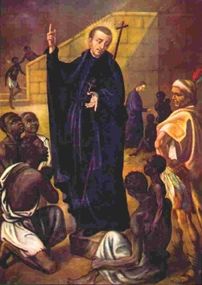
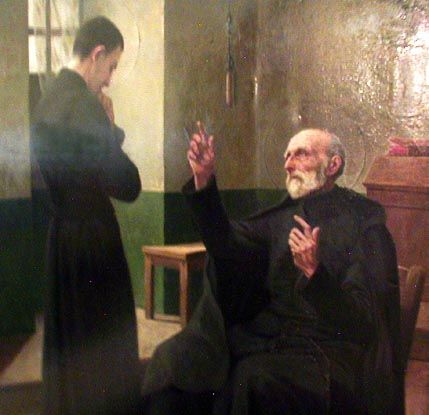
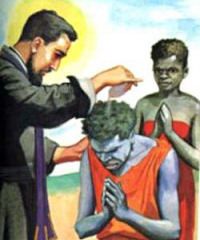
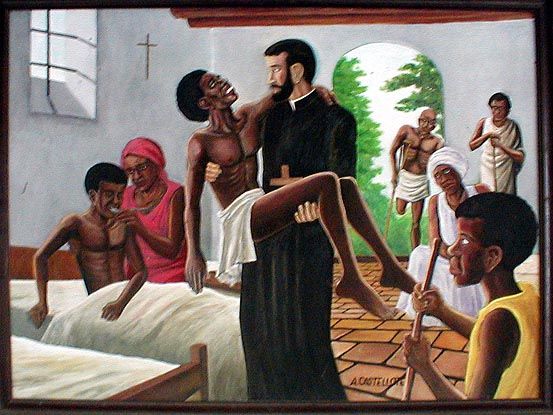
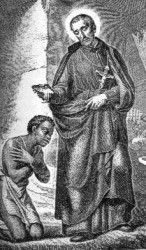
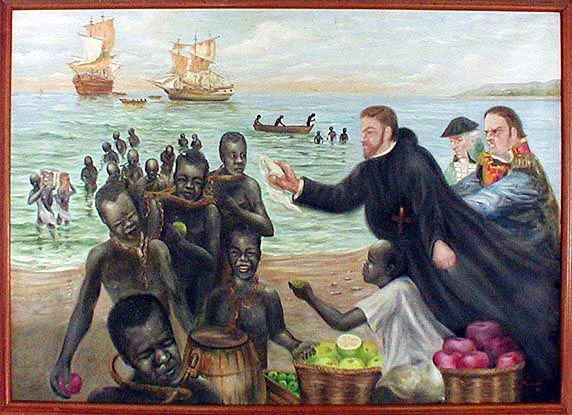
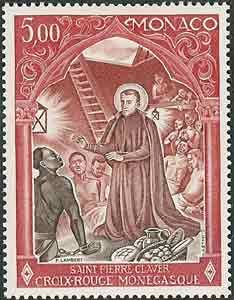
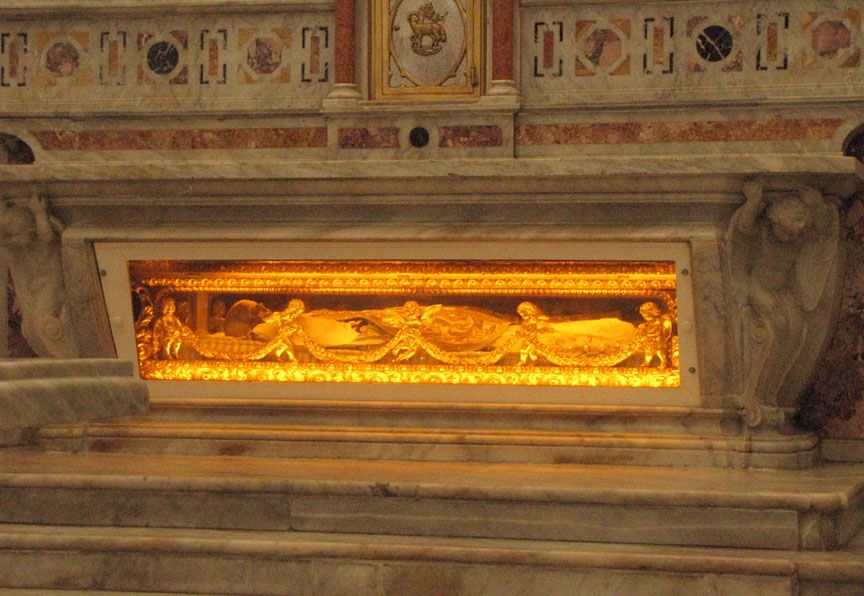
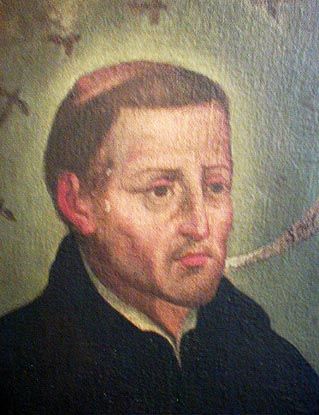
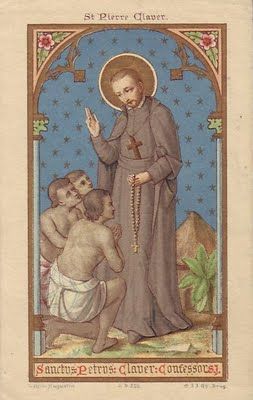
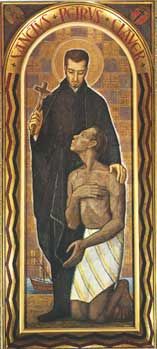
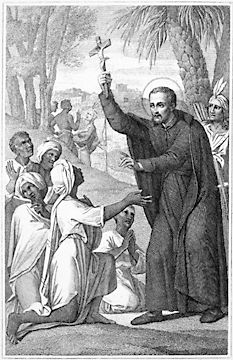
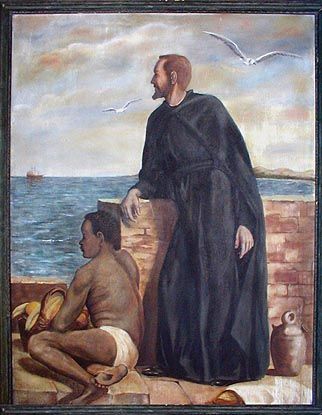
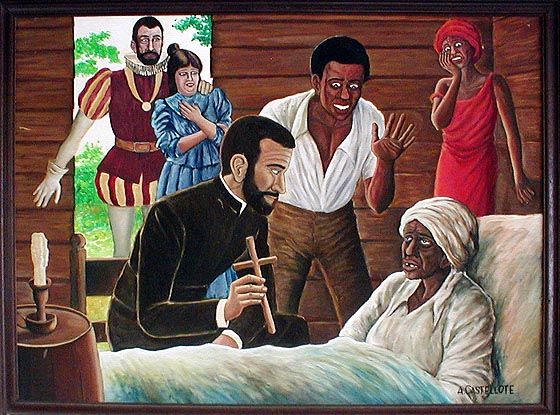
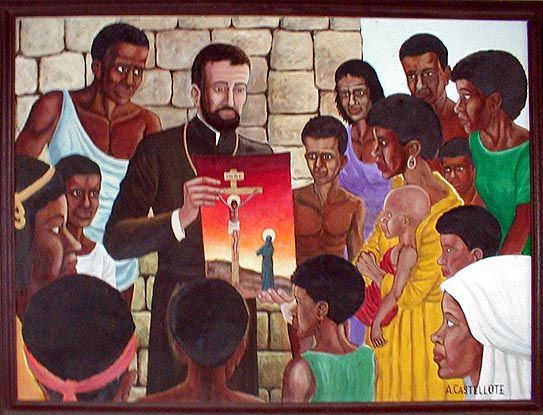
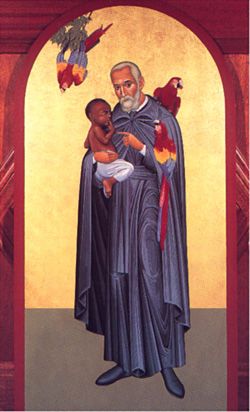
0 comments:
Post a Comment
Thanks for leaving a comment. If you wish to submit a prayer request, however, please do so above, using the "Contact" tab.